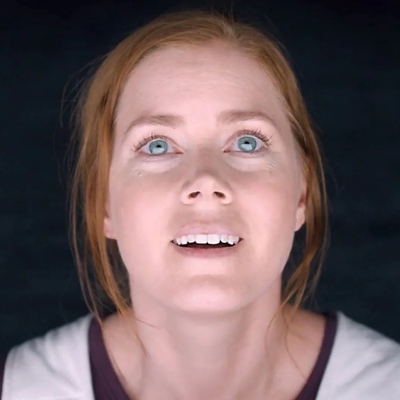Info
© 2026 Feels Co.
 Summary & key points
Summary & key points
In Superman (2025), Lois Lane wants to talk about her relationship status with Superman (Clark Kent) and Mister Terrific doesn't want to.
 Summary & key points
Summary & key points
In season 1, episode 2 of the hit HBO show called Silicon Valley (2014), venture capitalist Laurie Bream is having a meeting with her subordinate, Monica. Laurie lets Monica know that she may sit down if she wishes, although Laurie will be standing. Laurie then switches between sitting and standing, repeats herself, and misses Monica's obvious body language cues. This inability to adapt to the language and behavior of others demonstrates the Apperception attribute.

 Summary & key points
Summary & key points
In Superman (2025), Lex Luthor blew a gasket after he learned that Superman escaped his prison. So much so, in fact, that Lex screamed out loud and began to throw things on the floor and at his soon-to-be ex-girlfriend.
 Summary & key points
Summary & key points
In the hit movie Arrival (2016), linguist Dr. Banks has nightmares about her job of decoding an alien language, and presence, on earth. Dr. Banks' inability to differentiate a dream from reality while projecting novel dream content demonstrates an average example of the Inference attribute.
 Summary & key points
Summary & key points
In the hit movie Arrival, Dr. Louise Banks, played by Amy Adams, explains to her military counterpart why she must teach the alphabet to aliens that recently arrived on Earth for an unknown purpose.

 Summary & key points
Summary & key points
Bill Gates shows us how in the 1980s he had a strong sense of humor alongside the ability to jump over a chair.
















